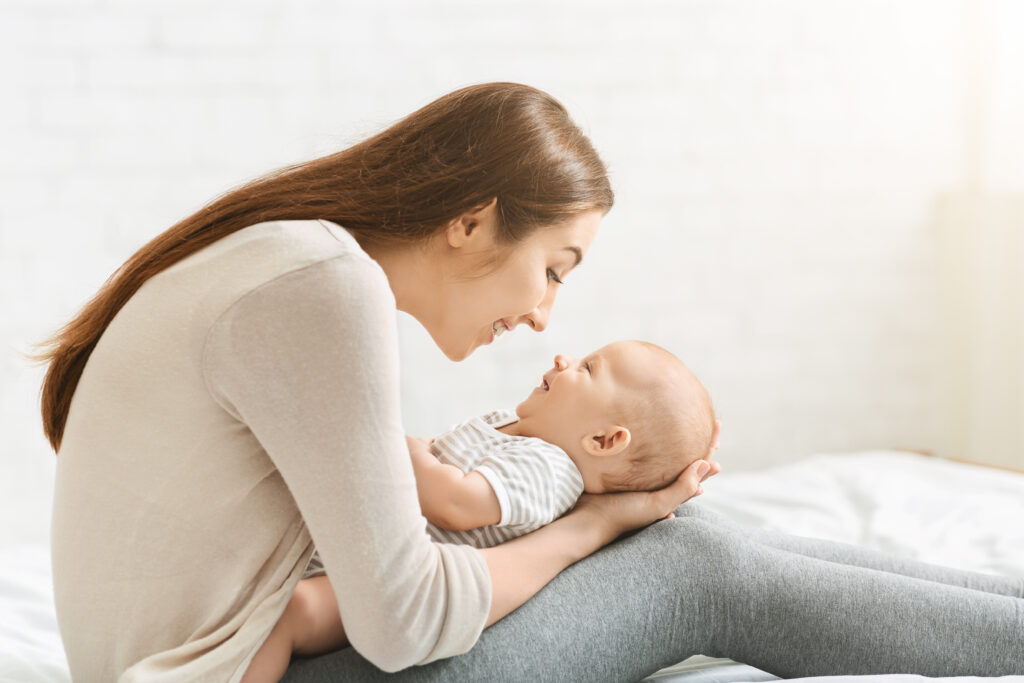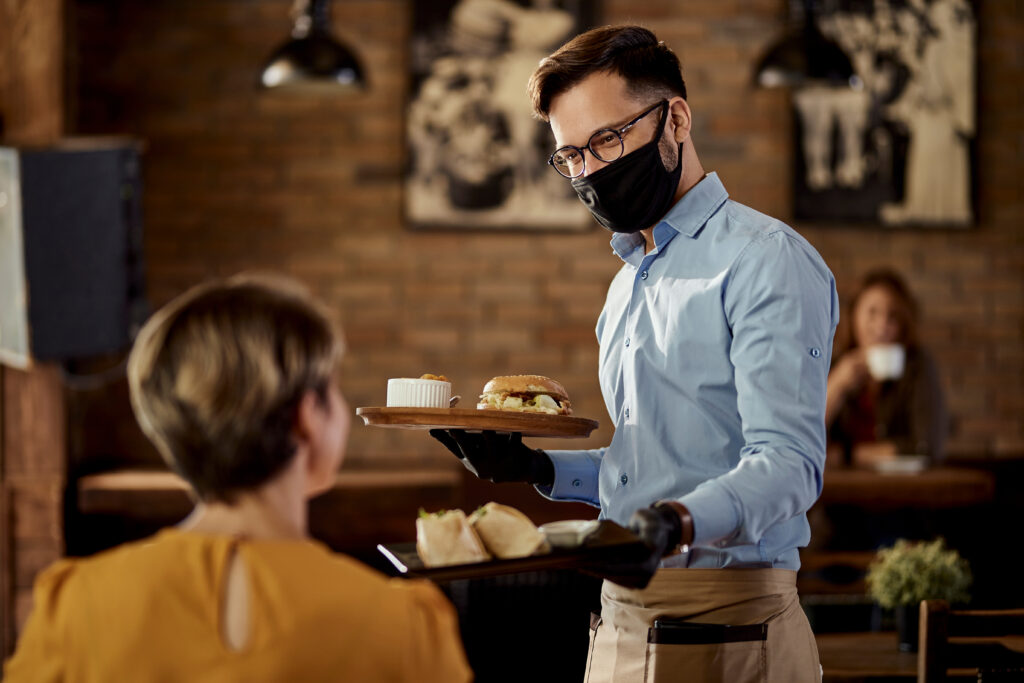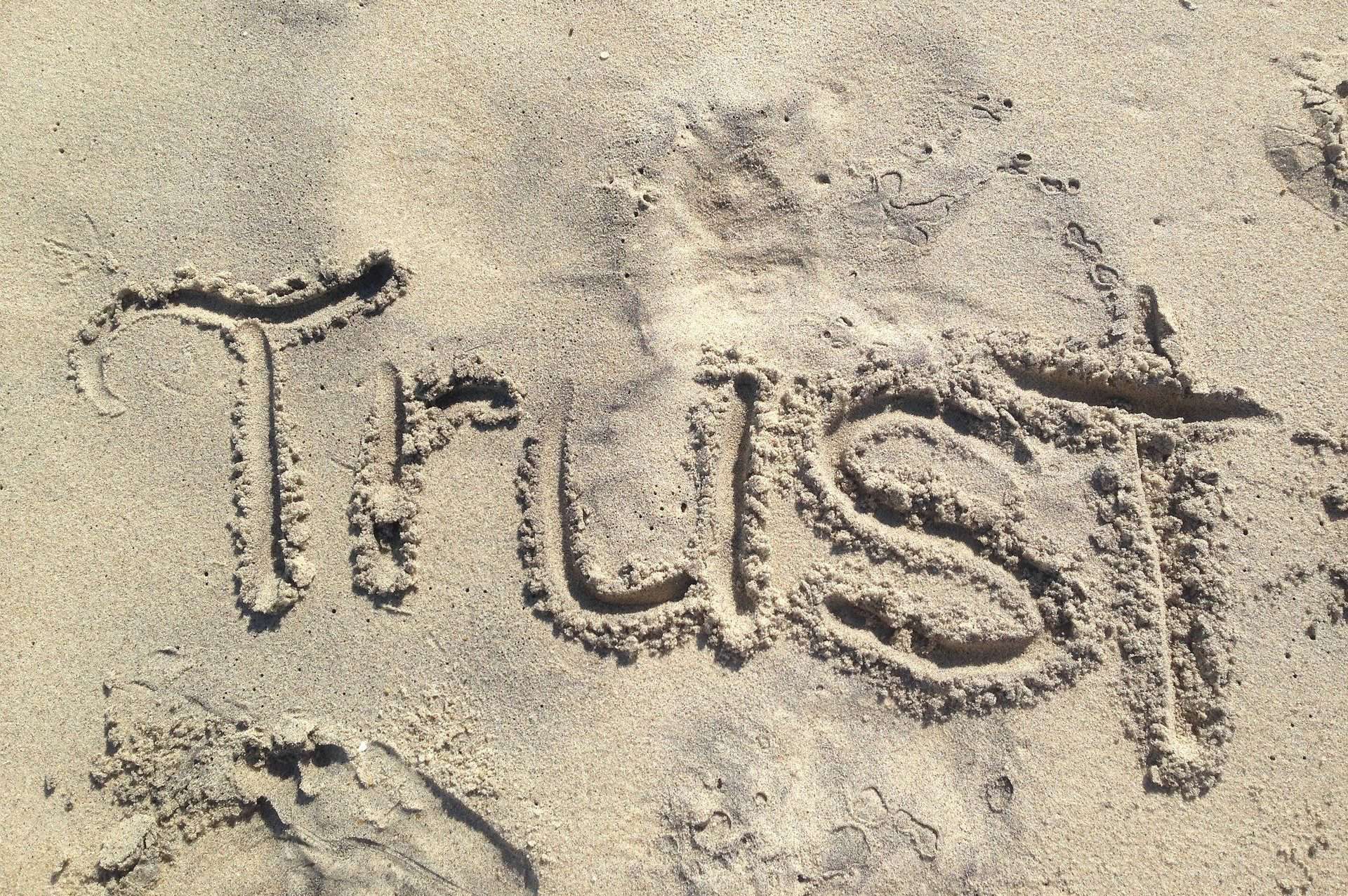The Oxford Dictionary defines trust as “a firm belief in the reliability, truth, ability, or strength of someone or something”. Right now, you probably have a list of names that come to mind of people you trust and, perhaps, people you don’t.
But what enables us to have a ‘firm belief’ that others will do right by us? And how does that change when we are living through a pandemic?
The foundation and importance of trust
There is evidence that the foundation of trust is rooted in our experiences in early childhood. From our first cries as babies, we must be fed and cared for. When these expectations are met, we can trust that the world is a safe place.

However, when those that we depend on are unreliable and either do not meet our needs or do so inconsistently, we feel threatened and insecure. Trust is very much linked to our sense of security and our attachment to others.
Building trust is a risky business
When we trust we willingly open ourselves up, becoming vulnerable to the actions of others, relying on their good intentions. (1) We rely on them not to harm us physically, emotionally or mentally. Right now, with the world in the midst of a pandemic, trust and our relationships with others have never been more important.
We trusted our politicians and people around us throughout various lockdowns and now must trust in those we know, and those we don’t know, to continue protecting us. Media coverage of people flocking to the beaches or squeezing into pubs has done little to reassure that we can depend on people not to lose their heads.
The challenge of trusting others
Trusting others is challenging. When our own safety is at stake it’s natural to want to hold our own council and make our own choices. In the current circumstances, trusting others to wear a mask, maintain good hygiene and self-isolate can be anxiety-inducing.

Yet if we consider our lives in general, we trust people we do not know every day.
We trust others to drive safely and sensibly as we share roads with them. Guests in a restaurant trust the chefs to maintain good hygiene and prepare food suitable for human consumption. We trust airline pilots not to take a cheeky nap mid-flight and builders to put up homes and offices that won’t fall down on us.
How to build trust
Building or rebuilding trust is as much about what we do ourselves, as what those we seek to trust do. We can consider 7 proactive efforts that help us to build the foundation of trust with another:
- Be honest about how you feel and what you are, and are not, comfortable with
- Model the behaviour you seek
- Mix with people who hold similar values
- Act in the best interest of others
- Accept people make mistakes and that punitive action erodes confidence and hope
- Consider a person’s intentions
- Take responsibility for your actions
Needing a bit more help?
Talking to someone often helps when our confidence and trust is shattered. When we understand ourselves better, we can recognise where our insecurities come from and what pushes our buttons.
Counselling provides a safe, reflective space where we can develop a deeper understanding of our thoughts, feelings and behaviours. Speak to a member of the team at The Spark about counselling by contacting us.
References:
- Sandra Sucher and Shalene Gupta, “The trust crisis,” Harvard Business Review, July 23, 2019. View in article

